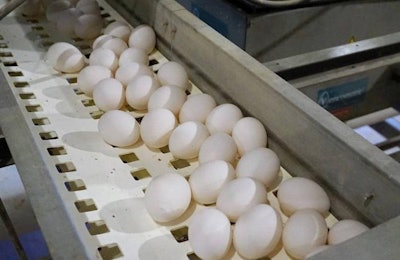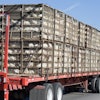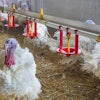
A few days ago, I wrote in my blog about the action taken by Mexican restaurant chain Toks, that as of 2022 they will only use cage-free eggs in their 226 restaurants. Almost like a premonition, I said that it will not take long for Alsea Group to do the same. And indeed, yesterday it was officially announced that Alsea will go cage-free too.
I insist, the impact this will have on the thousands of tables in their 3,000 restaurants in Mexico, Spain, Colombia, Argentina, Chile and Brazil – Alsea is the world’s fifth largest restaurant operator – may have no comparison. I can imagine the ads at each tabletop menu will display with the claim: "Here we use cage-free eggs only," referring to animal welfare and consumer care.
Why does nobody seem perturbed?
The title of this blog is, "One more blow to the egg industry," because in a matter of few months, there have been at least three major Mexican companies (two multinational), and not precisely American or European, who have made such an announcement and no one seems to be perturbed. This is snowballing on us.
Undoubtedly, organizations that champion animal welfare are doing a good and efficient work. I am concerned, as I mentioned in my previous blog, about the general consumer ignorance on these topics.
But I am also concerned that in these campaigns, incorrect information is being spread -- information that goes beyond whether hens can or cannot spread their wings in existing cages. For example, poor sanitary conditions of hens or that many hens do not survive the cages is mentioned. Perhaps there are birds that do not survive, as in any system (the free-range hens or cage-free hens are not exempt from this), but bear in mind that, if birds are not taken care of, farming would not be commercially viable. The poultry producer cannot afford this "luxury", because it means there will be losses.
Everyone talks about how wonderful it is going to be that birds can spread their wings. However, nobody talks about something disturbing: How much the change could increase the cost of eggs with the new systems and cage-free eggs’ impact on countries where animal protein consumption is low. What do you think?


















